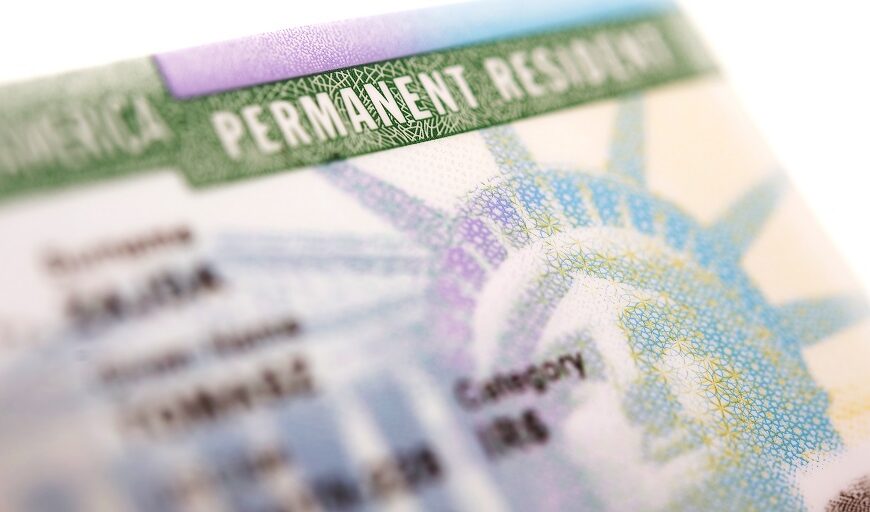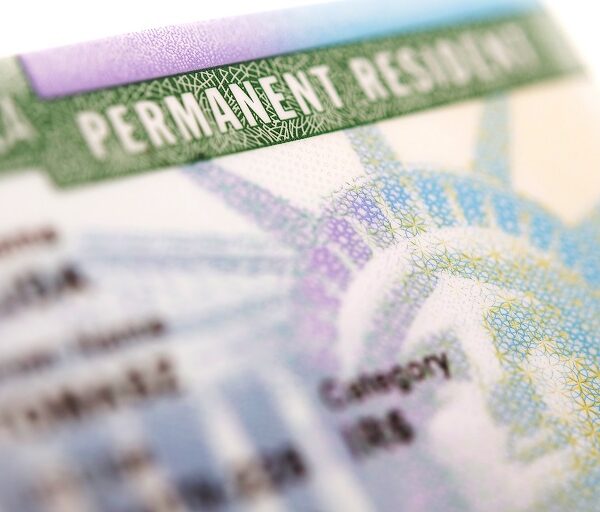Understanding the Fear: Undocumented Immigrants and Tax Filing
The deadline for tax filing is a significant date on the calendar for many in the United States. However, for undocumented immigrants, this time of year brings about a unique set of challenges and fears that can outweigh the usual stress associated with tax season. As the deadline approaches, the trepidation surrounding tax filing grows, driven by a combination of legal concerns, economic pressures, and the desire for social acceptance.
The Tax Filing Landscape for Undocumented Immigrants
Undocumented immigrants contribute significantly to the U.S. economy, including paying taxes. According to estimates, millions of undocumented individuals file their taxes each year, often using an Individual Taxpayer Identification Number (ITIN). However, the fear of repercussions from tax authorities and immigration enforcement looms large, creating a complex landscape for these individuals.
Key Factors Contributing to Fear:
Educational Gaps and Misinformation
One of the primary challenges faced by undocumented immigrants in the tax filing process is a lack of information and understanding about their rights and responsibilities. Misinformation can proliferate in communities, leading to increased anxiety and reluctance to file taxes.
Common Misconceptions Include:
The Importance of Community Support
To alleviate these fears, community organizations play a crucial role in providing resources and support to undocumented immigrants during tax season. Many non-profits offer tax preparation assistance, legal advice, and educational workshops aimed at demystifying the process.
Essential Community Support Services Include:
Moving Towards Greater Inclusion
As the fear of tax filing persists among undocumented immigrants, there is a growing call for more inclusive policies that recognize their contributions to the economy while ensuring their rights are protected. Advocates argue for comprehensive immigration reform that addresses the status of undocumented immigrants, allowing them to live without the fear of deportation while fulfilling their civic duties, including tax obligations.
Potential Policy Changes Could Include:
Conclusion
The tax filing deadline is a pivotal moment for many, but for undocumented immigrants, it embodies a blend of hope and anxiety. While the economic contributions of these individuals are undeniable, the fear of repercussions often overshadows their willingness to engage with the tax system.
Addressing the fears of undocumented immigrants surrounding tax filing requires a concerted effort from community organizations, policymakers, and society at large. By dispelling misinformation, providing support, and advocating for inclusive policies, we can create an environment where all individuals feel empowered to fulfill their tax obligations without fear.
As we look toward the future, it is essential to foster a society that recognizes and values the contributions of all its members, regardless of their immigration status.







